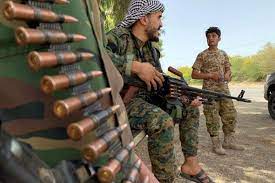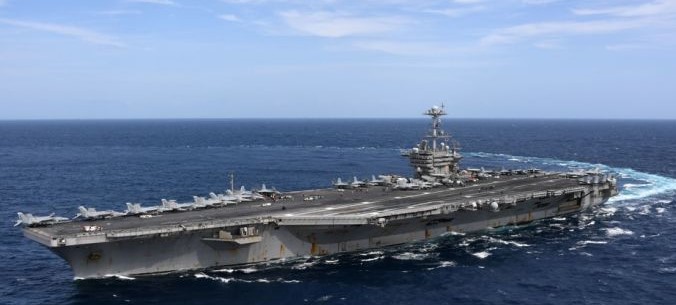
STRATEGIC ASSESSMENT. Tripoli. After months of a military stalemate in Libya, Turkish backed forces are beginning to push back militias commanded by warlord Khalifa Haftar. Using Turkish-supplied unmanned aerial vehicles, the United Nations-recognized Government of National Accord (GNA) has been destroying Russian-made Pantsir missile systems belonging to Haftar’s Libyan National Army (LNA), and in the process, recaptured two strategic towns on the Mediterranean, Bader and Tiji, near the Tunisian border. Earlier in the week, the GNA, augmented by intelligence support from the Turkish military, recaptured the al-Watiya airbase located south of the capital, Tripoli.
The recent success of the GNA has Haftar on his heels, and puts the onus on his external supporters to decide whether they will up the ante by increasing both the quantity and quality of support provided so far. Given what is at stake, it seems likely that Russia and the UAE could escalate the conflict by deploying well-trained and equipped mercenary forces, as well as supplying the LNA with increasingly sophisticated military equipment. With the arrival of Russian fighter jets in Libya, Moscow and Ankara are risking a serious escalation of the conflict. In late February, Russia and Turkey narrowly avoided a direct confrontation after dozens of Turkish soldiers were killed in an airstrike in Syria.
Haftar is primarily backed by Russia, the United Arab Emirates, Egypt, while also receiving varying levels of support from Saudi Arabia, France, and Greece. Yet despite generous military assistance and a patchwork of Russian and Sudanese mercenaries (Turkey has trained Syrian mercenaries), the LNA has been unable to take Tripoli, instead resorting to indiscriminate shelling and attacks on infrastructure.
The heavy reliance in Libya on proxy forces and militias equipped with increasingly sophisticated technologies like drones offers a glimpse of the future of warfare, not only in the Middle East, but across the world. Countries like Russia and Turkey are making calculated strategic and calculated decisions to decide how much and what level of resources to provide to their proxies. In turn, this can reveal how these powers view the value of the spoils of war, as well as the nature of their relationship with the clients they sponsor. Speculation has grown that Haftar’s backers, both domestic and international, could force him to step down and replace him with another powerbroker.
At the behest of Saudi Arabia and Egypt, U.S. President Donald Trump has offered rhetorical support for Haftar. However, just this week, Trump and French President Emmanuel Macron expressed concern over growing external interference in Libya and both leaders urged the need for de-escalation, although how this would happen is still unclear.
Due to the value of Libya’s vast energy reserves and the ongoing strategic competition over access to oil and gas deposits in the eastern Mediterranean, it is highly unlikely that external actors will stop intervening unless forced to do so by the terms of a negotiated peace deal. Turkey signed a deal in November 2019 with the government in Tripoli that promises rights to energy reserves in the Mediterranean. This provides Ankara with a high stakes incentive to commit its resources to the fight in Libya in a way that proxy wars of the past have not.
Dating back to the beginning of the civil war in 2011, Libya has been the focal point for African migrants attempting to reach Europe. Criminal organizations, some tied to Haftar, have taken advantage of the chaos to establish lucrative human smuggling and trafficking networks. The recent round of fighting has led to the displacement of as many as 200,000 civilians.
For external powers, Libya ranks above both Syria and Yemen as the proxy conflict of highest importance because of its geopolitical significance and energy reserves. Accordingly, this will prolong the conflict, which will lead to more humanitarian suffering and an increase in refugees and internally displaced persons. European governments remain concerned that continued conflict will cause another surge of refugees and migrants to cross the Mediterranean, an issue that has assumed increased importance given the added challenge of the coronavirus (TSC).





